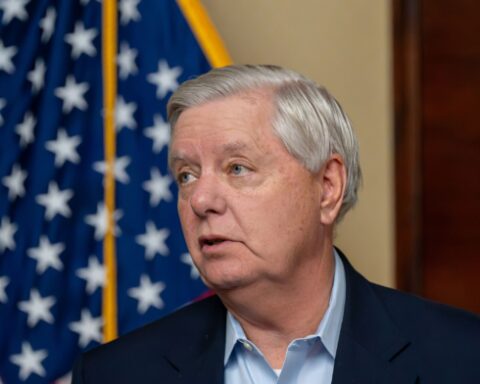France is in political turmoil, and the crisis engulfing President Emmanuel Macron underscores the limits of the country’s Fifth Republic when faced with deep fiscal and societal challenges.
In recent months, Macron has cycled through four prime ministers, the latest being Sébastien Lecornu, who resigned after just one month in office.
The rapid turnover reflects both Macron’s isolation and the fractures within a National Assembly that refuses to align with his agenda.
“This crisis is the collapse of the state. That’s what I believe,” said Édouard Philippe, Macron’s first prime minister and a center-right politician. Philippe, who is now positioning himself for a presidential run, suggested that Macron should step aside and allow a new prime minister to pass a budget before calling early elections.
Macron has instead leaned on constitutional powers, threatening to dissolve parliament and hold snap elections—a tactic intended to pressure lawmakers into compliance.
Lecornu’s short-lived tenure was consumed by attempts to build a coalition capable of passing a budget aimed at narrowing France’s deficit, which stood at 5.8 percent last year. “A dissolution will not solve the problem,” said Olivier Costa, a professor at Sciences Po, noting that the real challenge lies in governing without a majority.
The modern political landscape has undermined the assumptions upon which the Fifth Republic was built. General Charles de Gaulle designed the system to function with the support of a National Assembly majority drawn from the dominant establishment parties: conservatives and socialists.
Macron, however, faces a fragmented legislature in which populist forces dominate. Marine Le Pen’s far-right National Rally and Jean-Luc Mélenchon’s far-left coalition hold substantial numbers of seats, while Macron’s centrist bloc is reduced to 161 votes out of 577.
“There is no democratic constitutional system that allows you to maintain political stability with only a third of the National Assembly behind you,” said Benjamin Morel, a professor at Paris-Panthéon-Assas University. Macron’s inability to secure consensus has left the assembly united only in opposition to his authority. Two prime ministers have already fallen after attempting to cut public spending, efforts aimed at reining in a ballooning deficit.
The financial consequences of political instability are evident. France’s borrowing costs have climbed to levels rivaling Italy’s, with the yield on 10-year bonds reaching 3.6 percent on Tuesday, above Greece’s rate and signaling growing market concern.
Macron’s micromanagement of the National Assembly has also frustrated his allies. Gabriel Attal, a leader in Macron’s party, admitted, “I don’t understand the decisions of the president anymore. There was the dissolution and since then there’s been decisions that suggest a relentless desire to stay in control.”
As Macron faces mounting opposition from both the left and right, his isolation is stark. Observers note that the president is increasingly alone in the corridors of power, a man attempting to assert control over a legislature and a country that have moved beyond his reach.
The resignation of Lecornu marks yet another chapter in a crisis that threatens France’s stability, illustrating the hazards of a presidency detached from both its parliamentary base and the fiscal realities confronting the nation.
[READ MORE: Macron Loses Fourth Prime Minister as France’s Political and Fiscal Crisis Deepens]







